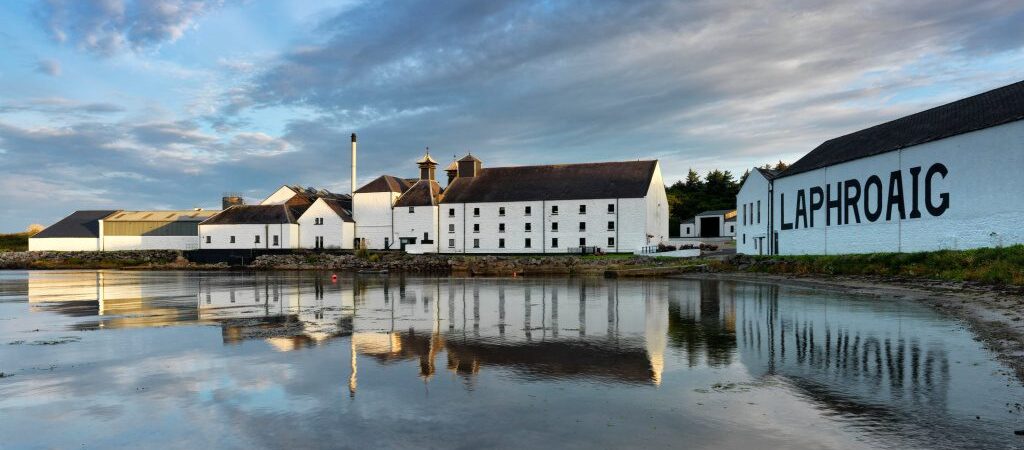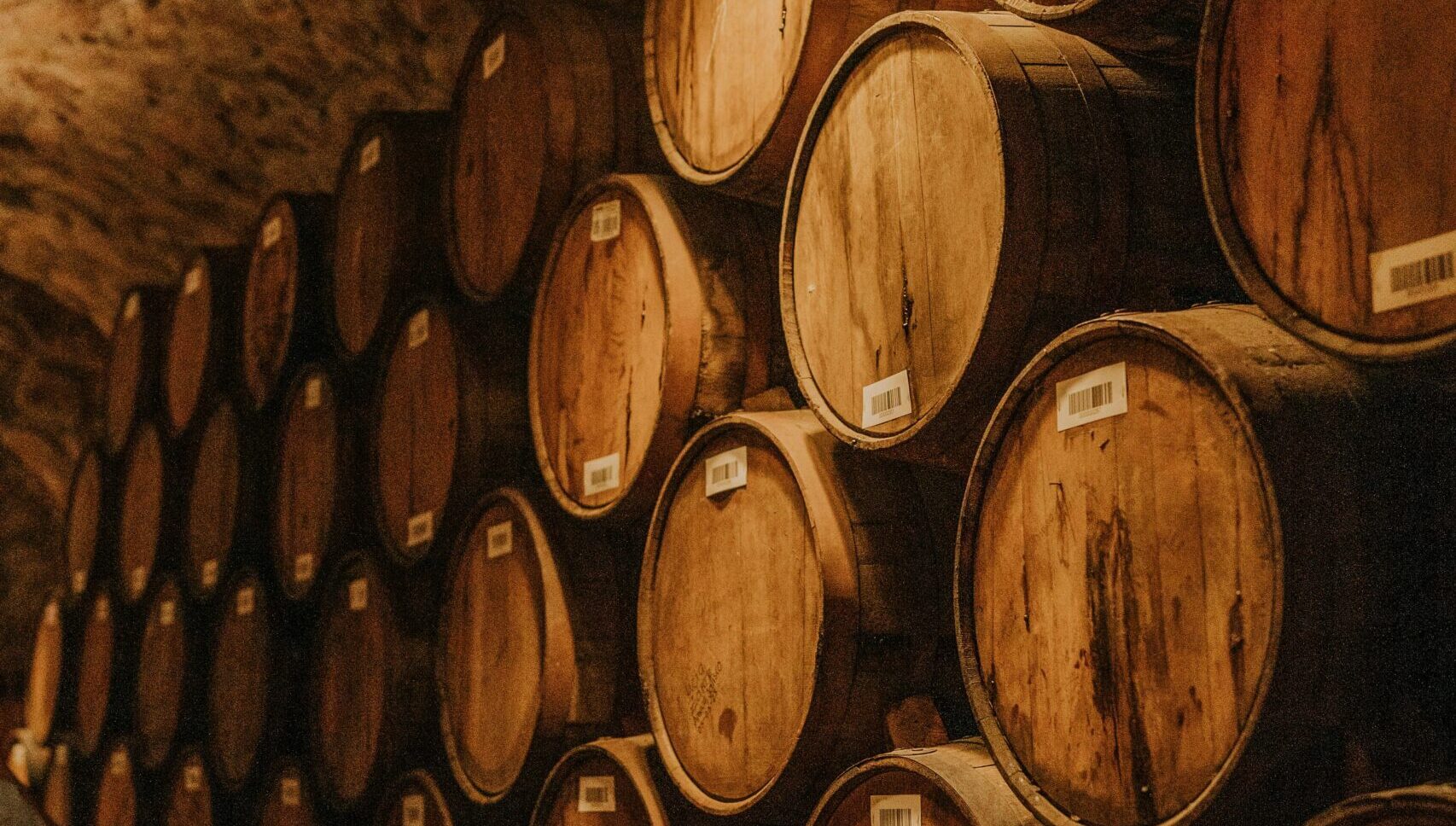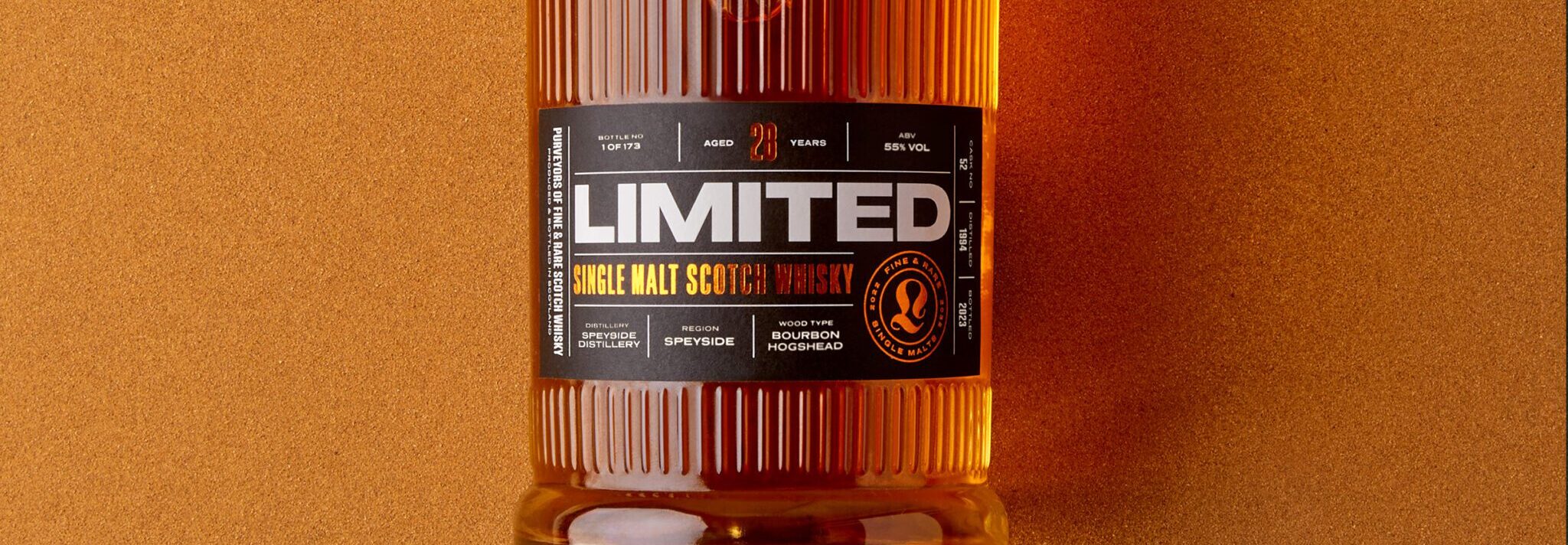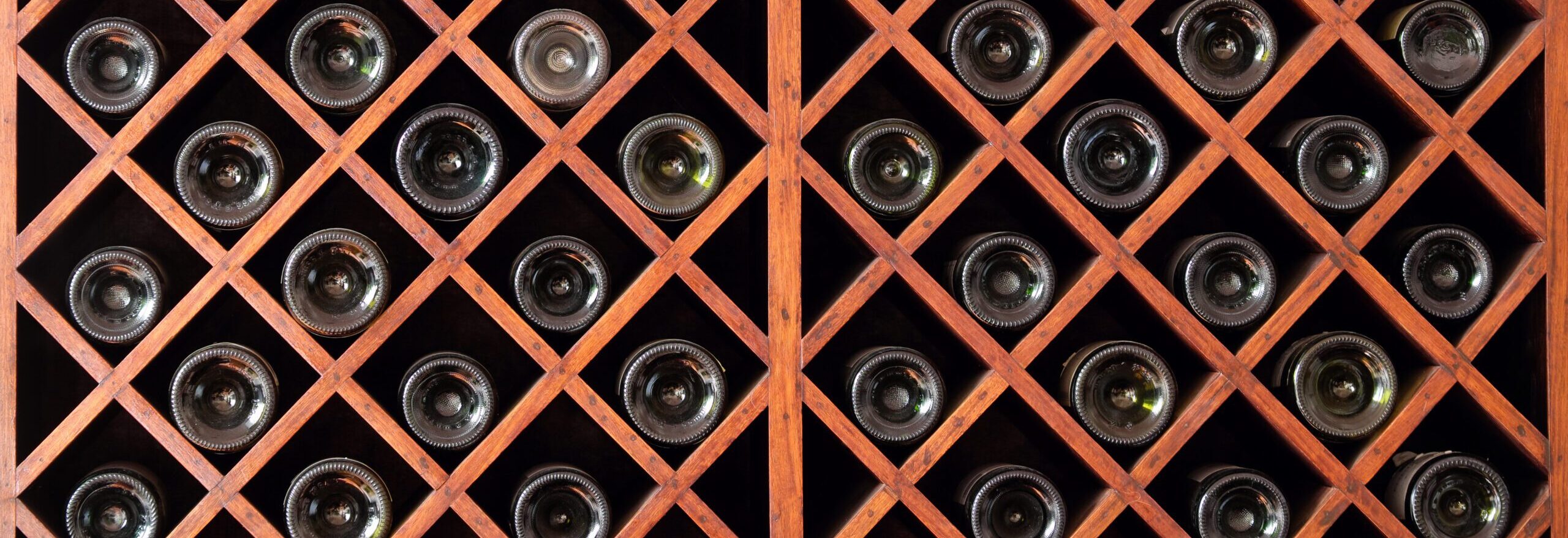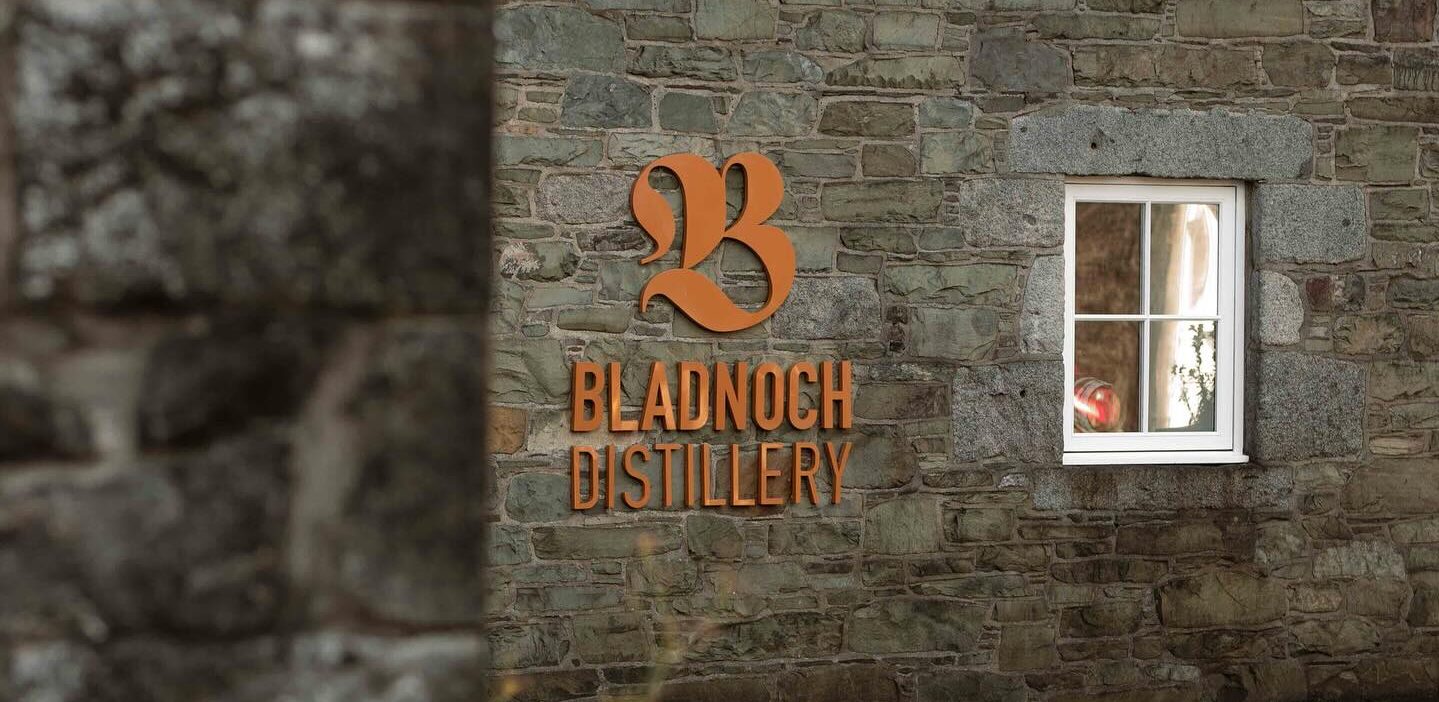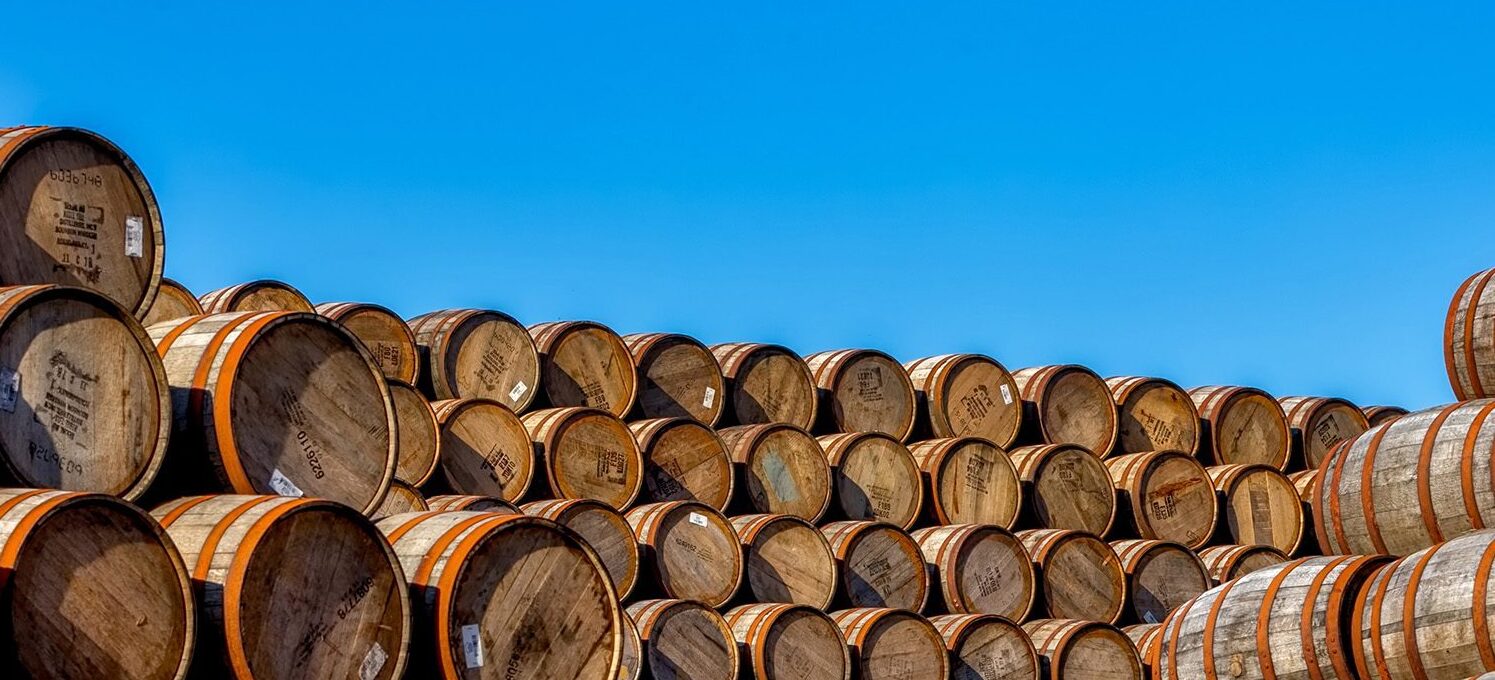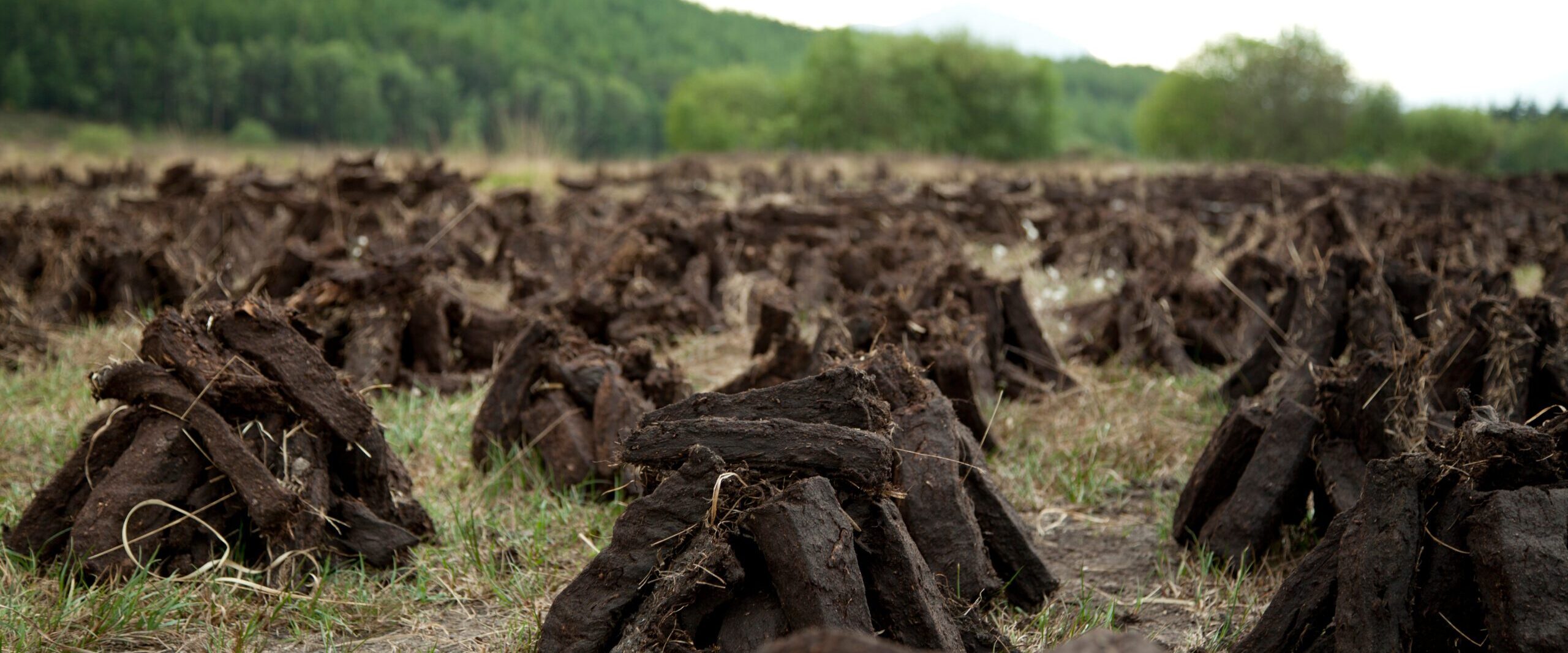The scientific methods they use involve experimenting with heat, light, sound, pressure, tiny fragments of wood and patented reactors, with some of the more out-there methods involving blasting loud hip hop or heavy metal music at the spirit.
For Davis, his process was inspired by the way sunlight can age wood: “What if the decomposition products produced by light degrading the wood are the same ones you get in the barrel? It turns out that if you turn the light up way beyond what you get in nature, the acceleration is exponential and the products turn out to be the same . . . You can match the chemical signature of old booze.”
But is anything created this way technically whisky? So far the reaction from the Scotch industry has been largely negative, pointing out that for a spirit to be legally called Scotch Whisky, it needs to have been matured for a specified period of time.
Alan Park, legal director of the Scotch Whisky Association is not a fan: “For me, accelerated ageing is a contradiction in terms. Maturation in a cask is a complex reaction. You simply don’t get the same spirit by using artificial processes. We should just put them back in their box and say, ‘Do what you want, just don’t call it whisky.’”
Ian Palmer from InchDairnie distillery said that rapid maturation is: “All about factory production, about getting something on the shelves as quickly as possible without understanding that there is more to it than just the product itself. The process is as much the product as the flavour.”
However, it’s already happening in the world of Scotch, at Ailsa Bay, the only whisky to undergo ‘micro maturation’, using small Hudson Baby Bourbon casks for 6-9 months of intense maturation before spending several years in traditional casks.

 Learn
Learn


